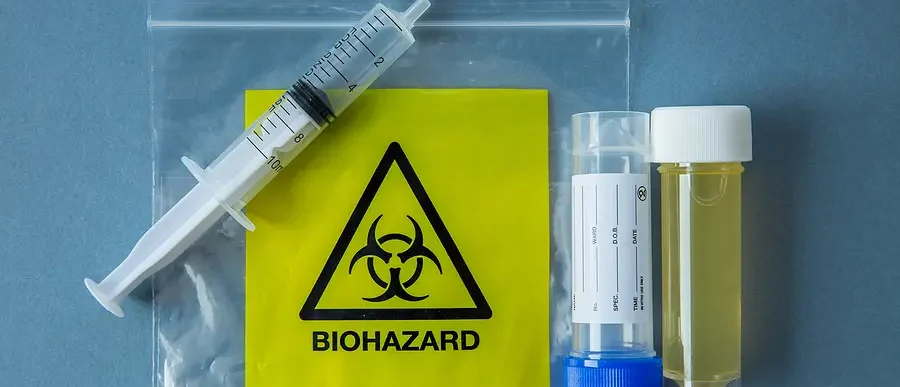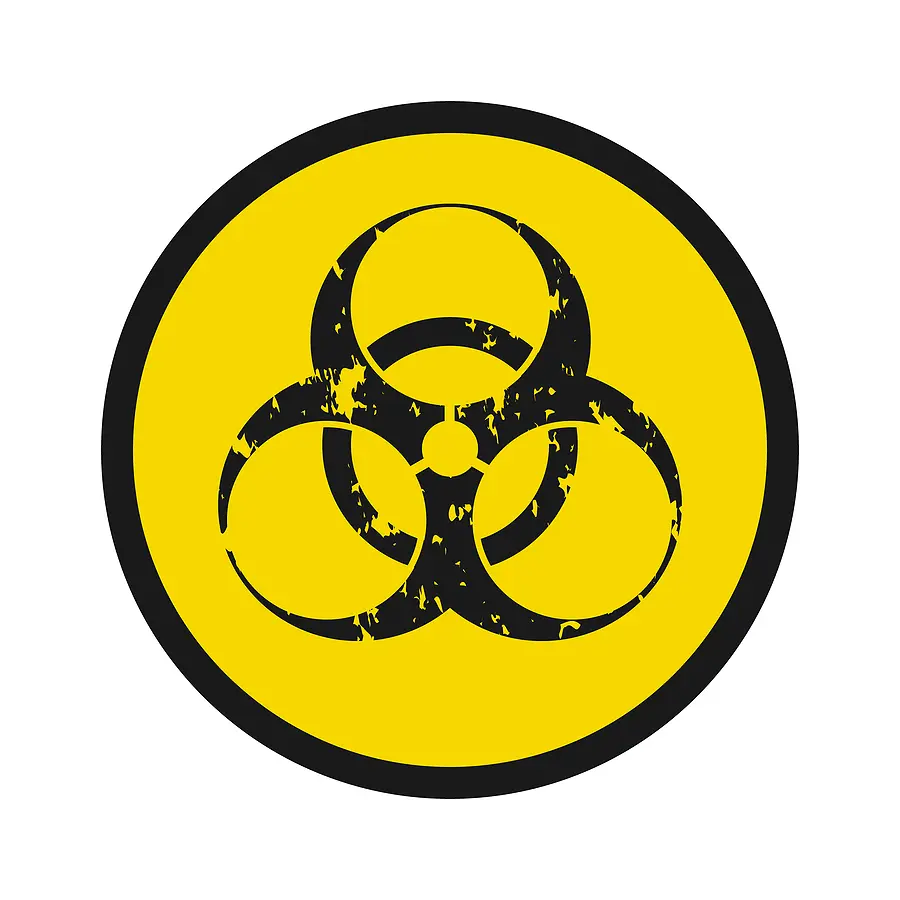A Guide to Biomedical Waste Management

Biomedical waste poses significant risks to public health and the environment if not managed properly. From hospitals and clinics to research facilities and laboratories, proper disposal of biomedical waste is crucial to prevent the spread of infections and protect our ecosystems. In this guide, we’ll explore the importance of biomedical waste management and provide practical steps to ensure safe handling and disposal. Watch the video or read the full blog below.
What is Biomedical Waste
Biomedical waste, also known as medical waste, refers to any waste generated during healthcare activities that may pose a threat to public health or the environment due to its potentially infectious, hazardous, or radioactive nature. This can range from discarded needles and syringes to contaminated dressings, laboratory cultures, and even radioactive materials. Improper disposal of biomedical waste can lead to the transmission of diseases, injuries to healthcare workers and waste handlers, and contamination of land and water resources.
The Importance of Proper Management
Effective biomedical waste management is essential for several reasons:
- Preventing Infections: Proper disposal reduces the risk of healthcare-associated infections among patients, healthcare workers, and the general public.
- Protecting the Environment: Biomedical waste contains hazardous substances that can pollute soil, water, and air if not handled correctly.
- Compliance with Regulations: The CDC enforces strict regulations governing the disposal of biomedical waste to ensure public safety and environmental protection.
Best Practices for Biomedical Waste Management
Each biomedical waste generator facility should implement a written plan to manage biomedical waste. Each facility should have its own specific components that are required by the regulations. Here are some general best practices that should be included in the plan.

- Segregation: Separate biomedical waste at the point of generation to prevent contamination. Use color-coded bins or bags to distinguish between different types of waste.
- Containerization: Store biomedical waste in leak-proof containers resistant to punctures and secure with lids to prevent spills and exposure.
- Labeling: Clearly label containers with the type of waste, date of generation, and any other relevant information to facilitate safe handling and disposal. All containers containing biomedical waste should be visibly identifiable with the international biohazard symbol. Additionally, they should include phrases such as “BIOMEDICAL WASTE,” “BIOHAZARD,” or “INFECTIOUS WASTE.”
- Storage: A generating facility shouldn’t keep biomedical waste for longer than 30 days. Indoor storage areas should have restricted access and be located away from pedestrian traffic. Outdoor storage areas should follow the same rules as well as be visibly marked with the international biological symbol. This symbol should be a minimum of 6 inches in diameter.
- Transportation: Arrange for transportation by licensed waste management companies to ensure compliance with regulations and proper disposal at designated facilities.
- Treatment: Biomedical waste may require treatment to inactivate infectious agents or reduce its volume before final disposal. Common methods include autoclaving, incineration, and chemical disinfection.
- Training and Education: Provide training to healthcare workers and waste handlers on proper waste management practices, including segregation, handling, and disposal protocols.
Dispose of Your Biomedical Waste with Medical Waste Pros
Protecting public health and the environment requires a collective effort from healthcare facilities, waste management companies, and regulatory authorities. If your organization is struggling with biomedical waste management, consider partnering with a reputable medical waste disposal service.
Our team at Medical Waste Pros specializes in safe and compliant biomedical waste disposal, offering customized solutions to meet your specific needs. Contact us today to learn more about how we can help you ensure the proper handling and disposal of biomedical waste, safeguarding both human health and the environment. Call us at (888) 755-6370 or fill out the form to speak to one of our experts.










